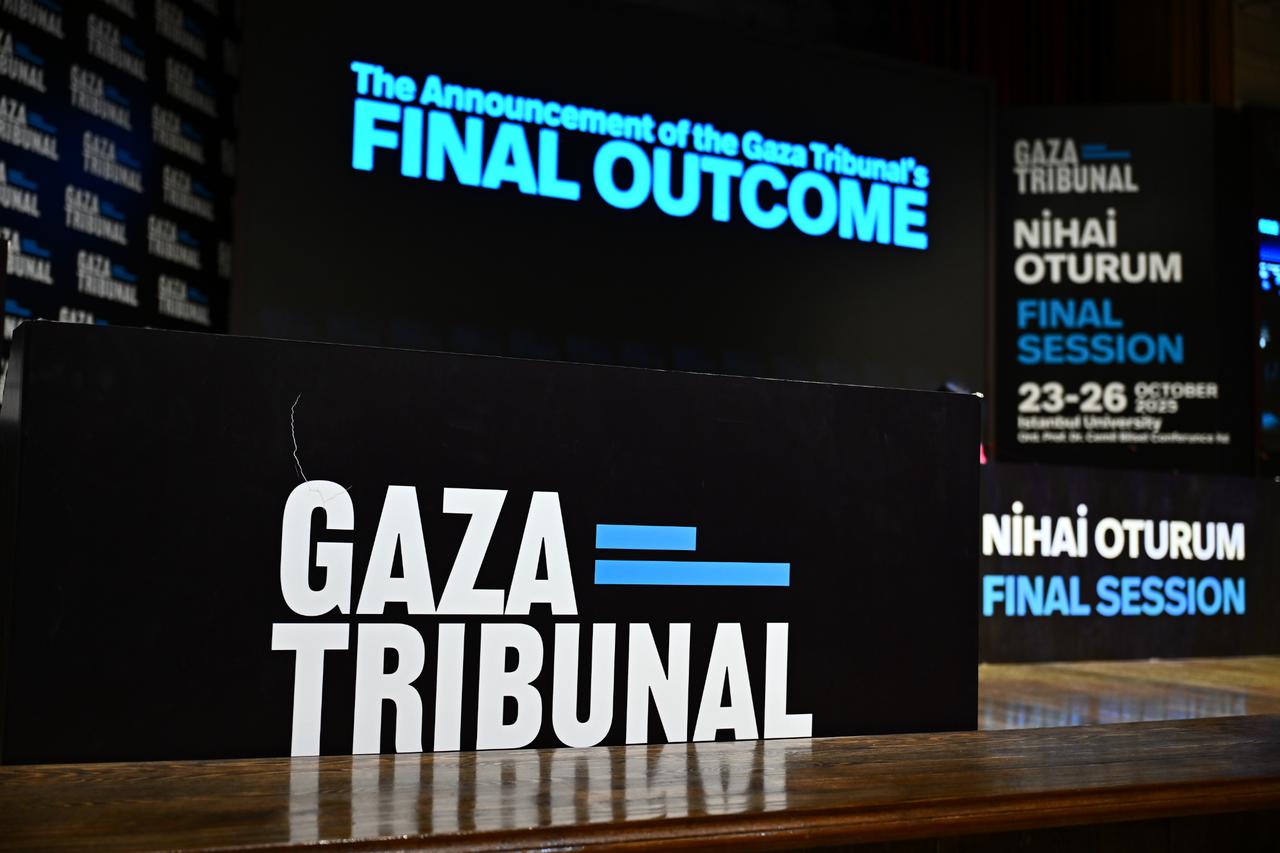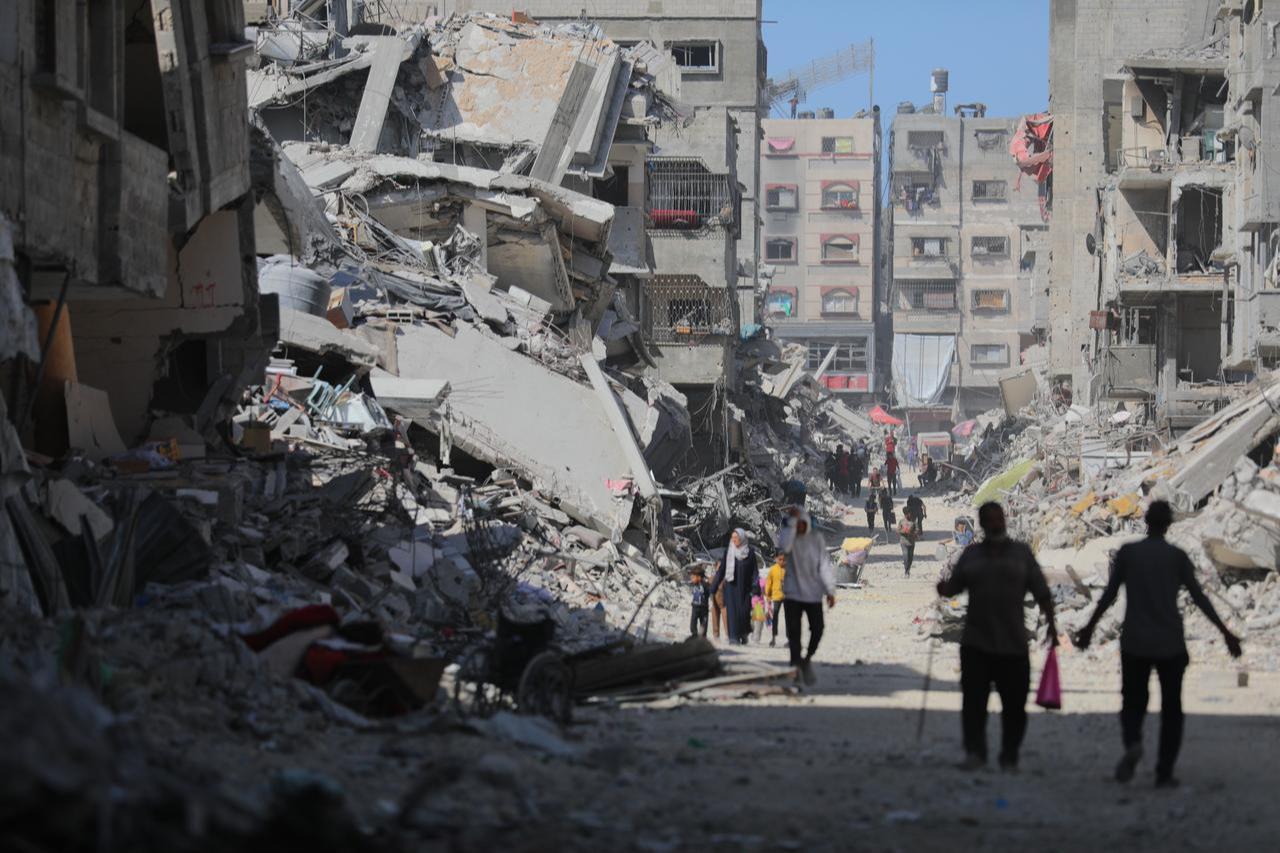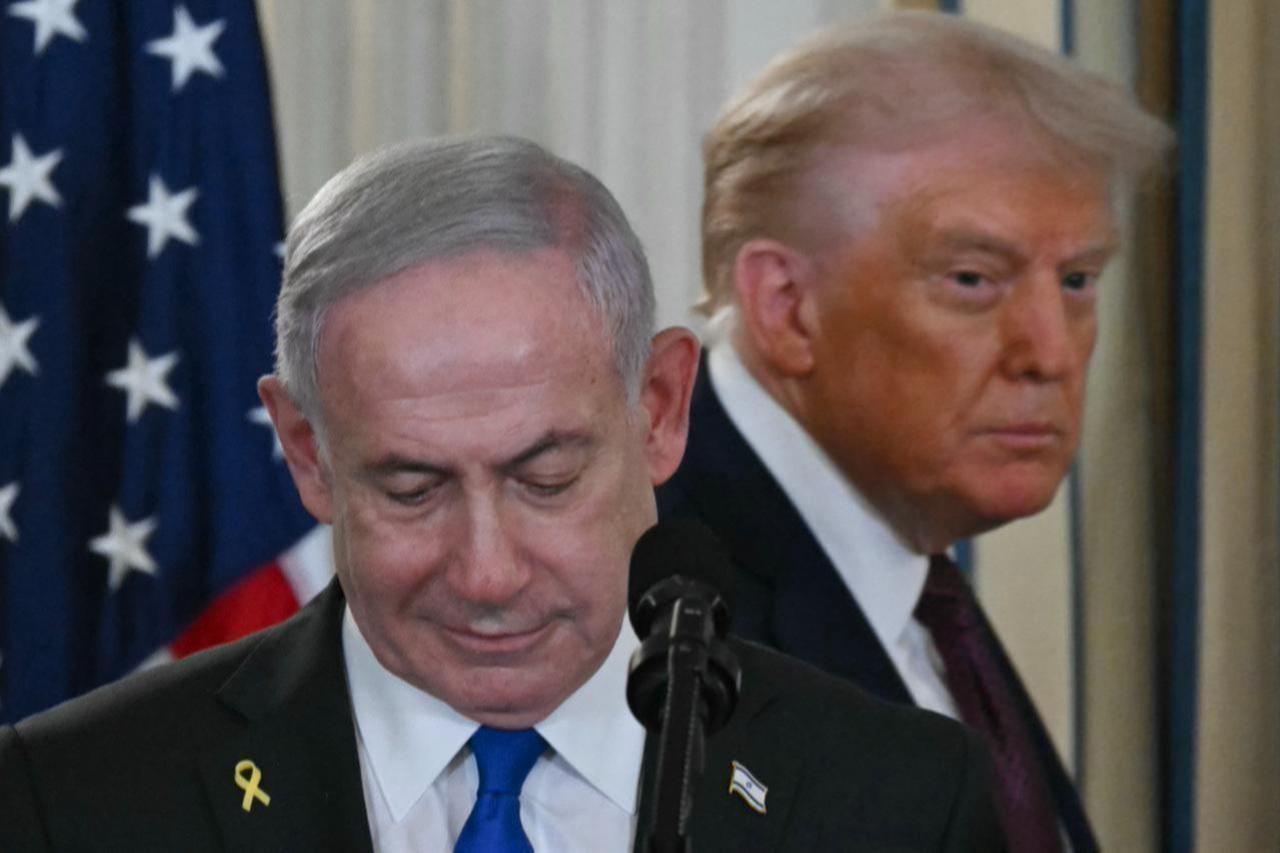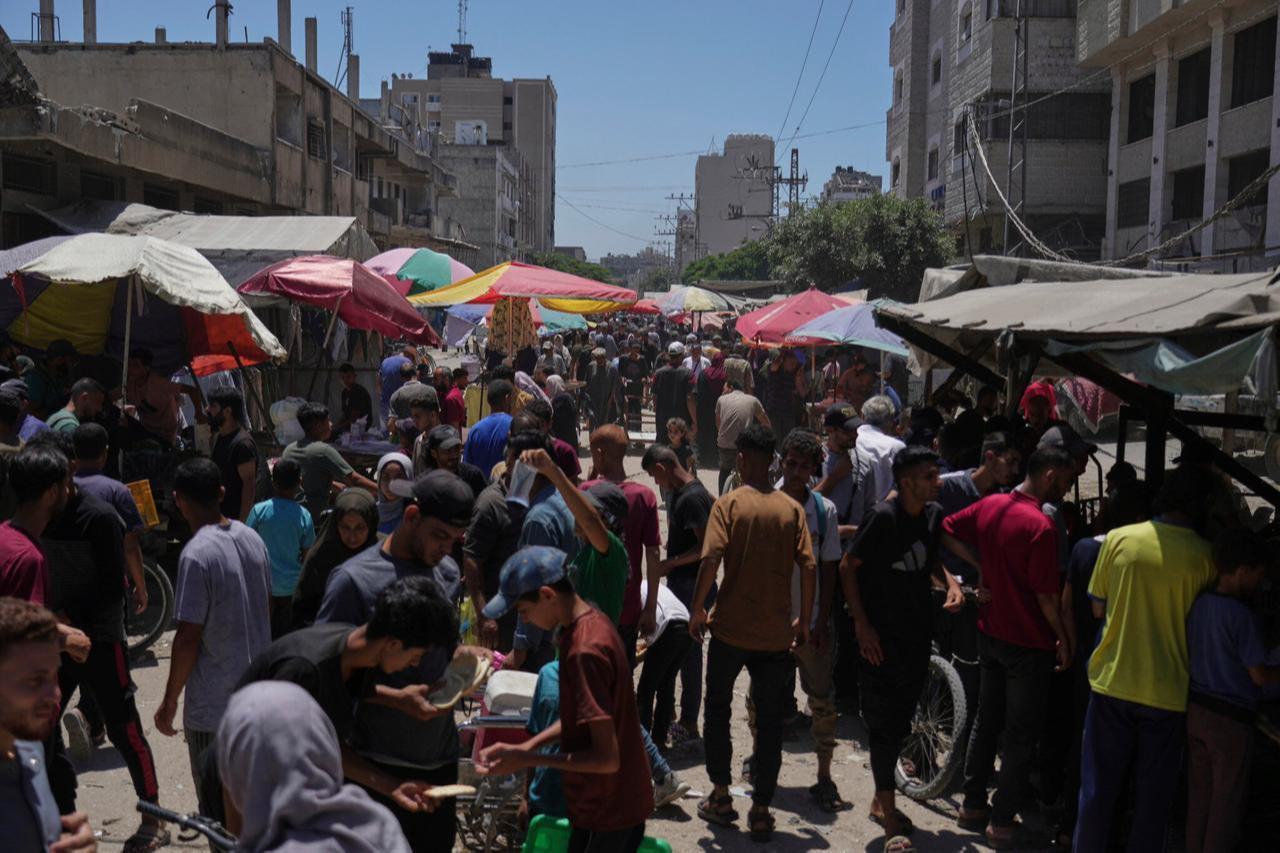
An international civil society tribunal concluded Sunday that Israel is committing genocide against Palestinians in Gaza, issuing what organizers called a "moral judgment" and urging global action to halt the violence.
The Gaza Tribunal, convened at Istanbul University over four days, brought together international jurists, scholars and witnesses to document alleged Israeli crimes in the Palestinian territory. The final statement was delivered by Christine Chinkin, who chaired what the tribunal called its "Jury of Conscience."
"The Jury, guided by conscience and informed by international law, does not speak with the authority of states, but when law is silenced by power, conscience must become the final tribunal," the statement read.
The tribunal represents a civil society effort to address what participants described as persistent failures of accountability for Israeli actions in Gaza. Unlike state-backed courts, the body has no enforcement power but aims to create what organizers called "a valuable archive" documenting alleged crimes.

The jury said it heard extensive evidence pointing to what it termed "an ongoing genocide" and "a coherent and consistent pattern of exterminatory violence." The findings detailed the mass destruction of homes and critical infrastructure, including electricity, water and sanitation systems.
"The weaponization of hunger, denial of medical care, and forced displacement are not collateral damages of war—they are instruments of collective punishment … and of genocide," the statement said. "They are not justified by any claim of military objectives."
Beyond genocide allegations, the tribunal accused Israel of systematic destruction across multiple sectors. These included deliberate starvation through denial of food and water, the targeting of healthcare facilities and personnel, attacks on educational institutions, and violence against journalists.
The jury introduced expanded legal concepts including "domicide"—the destruction of homes and cultural continuity—and "ecocide," defined as environmental damage that eliminates survival capacity even after military operations cease. It also cited "reprocide," described as systematic targeting of Palestinian reproductive healthcare, and "scholasticide," the destruction of educational systems and knowledge transmission.

The tribunal reserved sharp criticism for Western governments, particularly the United States, which it accused of providing "diplomatic cover, weapons, weapon parts, intelligence, military assistance and training."
Such support, the statement said, constitutes "a breach of their legal duty to prevent genocide and to cooperate to end a violation of a peremptory norm of international law."
The findings expanded the complicity charge beyond governments to include media organizations, academic institutions, global supply chains, banks and technology companies. This network, the tribunal argued, forms "the political economy of genocide … the highest form of hyper-imperialism of the 21st century."
"Silence and inaction in the face of genocide are not an option and are other forms of complicity," it said.
The statement criticized what it described as biased Western media coverage conforming to "political and economic interests of ruling elites."
The tribunal asserted that global governance structures have failed to fulfill their responsibilities. "The United Nations, paralyzed by the veto and political selectivity, has abdicated its foundational responsibility 'to save succeeding generations from the scourge of war,'" the statement said.
However, the jury commended certain UN mechanisms, including Special Rapporteur Francesca Albanese and the Commission of Inquiry.
The findings noted that despite interventions by the International Court of Justice and International Criminal Court, Israel has ignored international judicial processes. The statement pointed out that ICC personnel and NGOs assisting the court have faced U.S. sanctions.

The initiative linked current violence to what it described as "an over-century-long settler-colonial apartheid regime rooted in the supremacist ideology of Zionism … supported by a neo-colonial power structure led by the United States and its allies."
"The struggle is with Zionism as a racist, supremacist, settler-colonial enterprise—not with Jews or Judaism," the statement clarified.
Among its demands, the tribunal called for holding all perpetrators and enablers accountable "politically, militarily, economically and ideologically." It urged suspending Israel from international organizations, particularly the UN, and activating the Uniting for Peace mechanism to mandate protective forces for Palestinian territories.
The statement reaffirmed Palestinian rights to self-determination and called for "a single rights-based political order grounded in equality, decolonization, restitution, and the unfettered right of return."
The Istanbul sessions marked the culmination of a year-long documentation effort that included earlier hearings in Sarajevo and other locations. Proceedings were organized across three thematic chambers: International Law; International Relations and World Order; and History, Ethics, and Philosophy.
Throughout the four days, the tribunal heard expert presentations on starvation, environmental destruction, civilian targeting and infrastructure demolition. Sessions also examined international complicity, resistance movements and global solidarity efforts.
The initiative was presided over by Richard Falk, former UN special rapporteur on human rights in the Palestinian territories. Organizers said the tribunal aimed to produce a comprehensive "people's record" of alleged violations.
The jury expressed solidarity "with the rallies, the marches, the encampments, the flotillas, the strikes and other actions that protest the genocide and states' unwillingness to hold Israel to account."
The statement concluded with a warning: "Silence is not neutral; silence is complicity; neutrality is surrender to evil."
The tribunal said its findings are grounded in international law, human rights treaties, the Rome Statute and "the unyielding belief that every human life has equal worth." It characterized its work as offering "a counter-narrative to the security narrative Israel and its allies persistently broadcast."